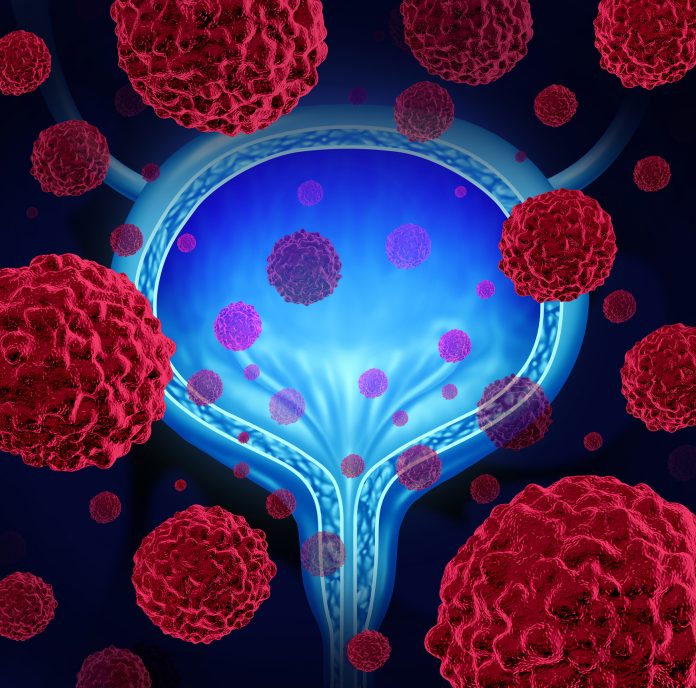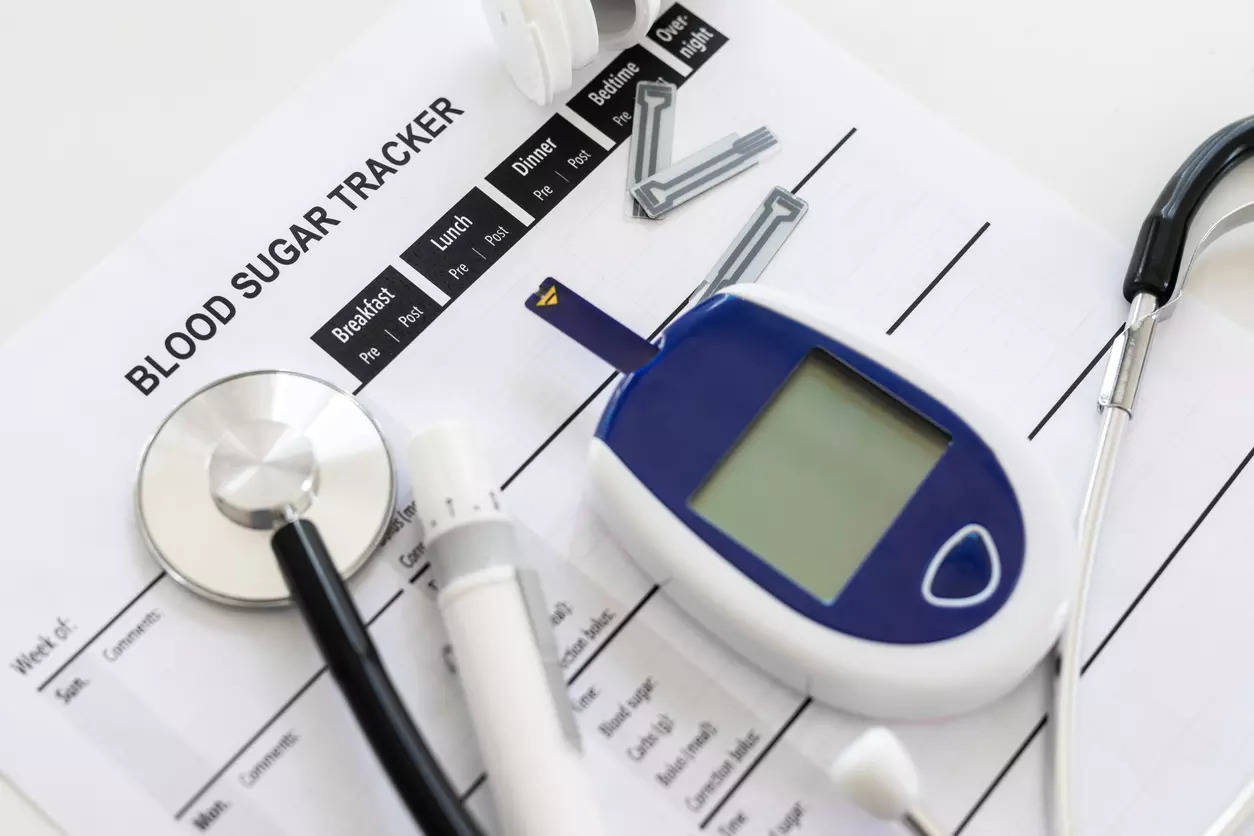PUNE The intensity of dengue virus transmission over a decade in Pune has seen a significant rise, according to a study carried out by the city-based National Institute of Virology (NIV)-Indian Council of Medical Research (ICMR).
According to the study ‘Seroprevalence of dengue virus infection in Pune City in India, 2019: A decadal change’, over 85% of participants aged above nine years were found to have been exposed to dengue virus (DENV) by 2019, compared to 62.9% in 2009.
The findings of the study will be published in the November 2023 issue of the peer-reviewed Journal of Infection and Public Health.
The team
The study was conducted by researchers Kalichamy Alagarasu, Shilpa Tomar, Jayashri Patil, Rupali Bachal, Reva More, Minal Botea, Mahadeo Kakade, Vasanthy Venkatesh, Deepti Parashar and Babasaheb V Tandale of NIV.
As per the researchers, the analysis of dengue serotype-specific neutralizing antibodies during the study revealed DENV-3 as the dominant serotype in Pune.
The study concludes that there is a need for dengue vaccines and repeated serosurveys in different regions to assess the readiness of the population for dengue vaccination.
The seroprevalence of dengue was investigated in Pune city, in early 2019 using 1,654 samples of “healthy human” participants enrolled randomly through multistage cluster sampling.
“We used 797 retrospective human sera from late 2009 for comparison. All sera were assessed for the presence of dengue-specific IgG antibodies. A subset was tested for serotype-specific plaque reduction-neutralising antibodies against all four serotypes of DENV,” said Alagarasu.
Findings
The dengue IgG seroprevalence of 62.9% in 2009 increased to 88.4% in 2019. Age-stratified dengue seroprevalence revealed a gradual increase in IgG seropositivity from 70.1% in 0–9 years to 85% in 10–19 years.
Analysis of dengue serotype-specific neutralising antibodies revealed DENV-3 as the dominant serotype. The age of exposure to at least one dengue serotype was reduced in 2019 over 2009, as per the study.
The highest seroprevalence was found in Ahmednagar Road and the least seroprevalence in Ghole Road was observed. Six wards of Pune city had a seroprevalence greater than 90% while seven wards had a seroprevalence greater than 80% revealed the study.
Importance
Seroprevalence studies help to estimate the disease burden and provide information on the exposure status of the different age groups in a population. Repeated serosurveys in the same and adjacent regions conducted at regular intervals might help to estimate the change in the transmission intensity of the pathogen over a period of time.
Since the dengue vaccine is most effective in vaccinated seropositive participants compared to seronegative vaccinated participants, seroprevalence studies might provide information on the target age group for vaccination.
The mean age of the study participants was not different between 2009 (mean age 27.7 range 1.0–77.0) and 2019 (mean age 26.3 range 5–89). The proportion of female participants was comparable between 2009 (57.3%) and 2019 (55.5%). In 2019, none of the enrolled subjects reported any febrile illness at the time of sample collection. However, nine of them reported experiencing febrile illness during the past three months.
All four serotypes of DENV were found circulating in Pune from 2009 to 2020 with varied proportions. DENV-2 and DENV-3 were the dominant serotypes circulating in Pune from 2009 to 2013 while in 2014 and 2015, DENV-2 and DENV-4 were the dominant serotypes. DENV-1 and DENV-3 were the dominant serotypes circulating during 2017 and 2018. DENV-2 emerged as the dominant serotype along with DENV-1 in 2019 and 2020, said the report.
Dr Rajesh Karyakarte, head of microbiology department at BJ Medical College, said, such studies are helpful in finding the prevalence of the DENV in society and based on which the civic body can conduct surveillance and containment activities.
“Dengue will continue to be there in the community till the vector of the virus is eliminated. The scientific study will help the authorities to conduct tailored activities to combat the vector-borne diseases in the city,” said Dr Karyakarte.
Preventive measures
Dr Suryakant Devkar, assistant health officer of Pune Municipal Corporation (PMC), said, the surveillance and preventive measures to combat the vector-borne disease in the city are ongoing but a lot depends on the participation of the society.
“The citizens should take precautions to prevent mosquito breeding in and around their houses. Based on the findings of the study the PMC will conduct surveillance and door-to-door visits in the areas which have greater dengue virus transmission,” he said.
“The team is visiting housing societies and public places to eliminate breeding spots. The notices are issued and administrative charges are taken as fines from people found facilitating mosquito breeding,” he said.
 Subscribe today by clicking the link and stay updated with the latest news! Click here!
Subscribe today by clicking the link and stay updated with the latest news! Click here!










